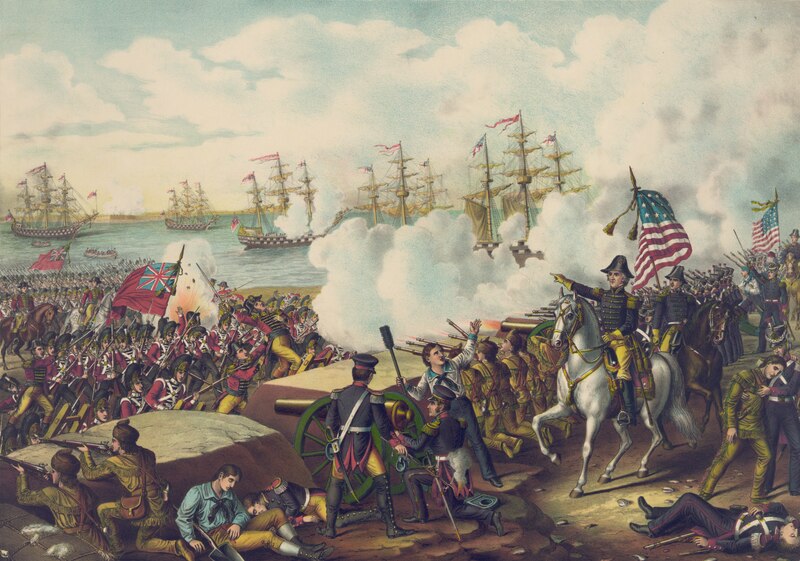“Military leaders have raised serious concerns about the Trump administration’s forthcoming defense strategy,” the Washington Post reports. “The critiques from multiple top officers … come as [US defense secretary Pete] Hegseth reorders U.S. military priorities — centering the Pentagon on perceived threats to the homeland, narrowing U.S. competition with China, and downplaying America’s role in Europe and Africa.”
I’m writing this on the morning of, and you’ll presumably read it after, a meeting Hegseth and Trump have called with the US military’s general and flag officers, supposedly to harangue them about something called the “warrior ethos,” which mostly seems to involve endorsing, and unquestioningly executing orders to commit, war crimes rather than prosecuting such crimes.
Hopefully the meeting will instead be dedicated to explaining three facts of reality to those generals and admirals.
Fact #1: Any “national defense strategy” that’s actually about national defense would indeed involve “centering the Pentagon on perceived threats to the homeland, narrowing U.S. competition with China, and downplaying America’s role in Europe and Africa.”
Fact #2: In a time of massive government deficits and debt, re-centering “national defense strategy” on, you know, “national defense” instead of constant, dangerous, and expensive military adventurism around the globe makes financial sense. Current US “defense” spending officially hovers at just below, and likely actually exceeds, $1 trillion per year. Cutting that by 80-90% would still provide a robust “national defense,” while reducing the economic damage government spending in general does to the people living in the nation in question.
Fact #3: The military is the employee, not the employer. It’s not a general’s or an admiral’s job to define the overall “national defense strategy.” It’s a general or admiral’s job to execute the lawful orders he’s given by the civilian government.
For the most part, Trump, Hegseth, and US military leaders openly disdain the “lawful” part of Fact #3 … but the proposed “national defense strategy,” if it’s as described, would tend to reduce opportunities for lawless military conduct. Fewer troops in fewer places would have fewer opportunities to commit (or be ordered to commit) war crimes.
Unfortunately, it’s probably not as described. We almost certainly won’t see the cuts in military spending or the reductions in foreign adventurism the description implies.
“Mission inflation” lobbying from both military commanders and corporate welfare queens dependent on large weapons orders and other military contracts may have to change things up, but they’ll find ways to keep their gravy trains on the rails.
On the civilian government side, foreign entanglements are go-to excuses for more of the taxing, borrowing, and spending politicians love, and also provide useful distractions from domestic policy failures and popular discontent.
The only way to get the US Department of Defense (or is it War now?) out of our wallets and off our necks is to discard the idea of political government itself. We should treat Washington, DC the way the Scipio Africanus the Younger treated Carthage.
But meanwhile, we should welcome even the slightest reorientation of US military policy toward “national defense” rather than foreign meddling.
Thomas L. Knapp (X: @thomaslknapp | Bluesky: @knappster.bsky.social | Mastodon: @knappster) is director and senior news analyst at the William Lloyd Garrison Center for Libertarian Advocacy Journalism (thegarrisoncenter.org). He lives and works in north central Florida.
PUBLICATION/CITATION HISTORY

